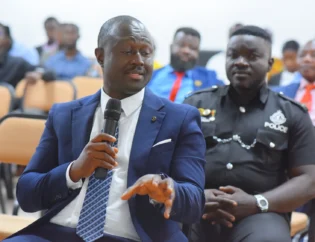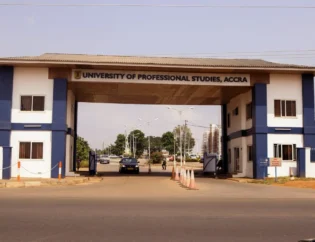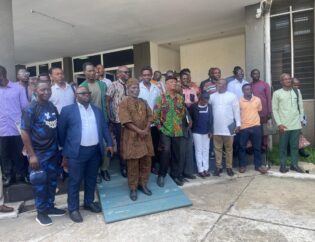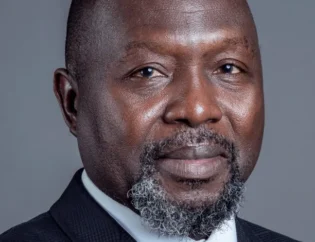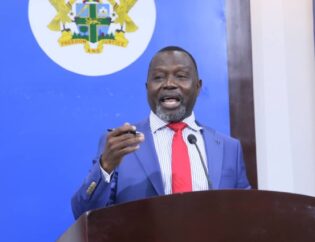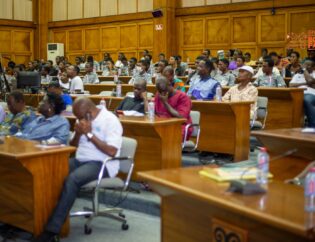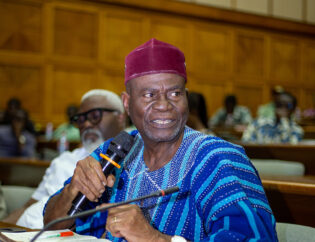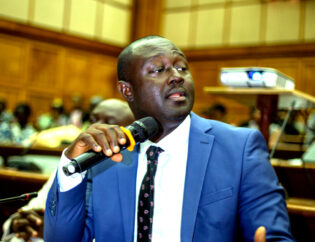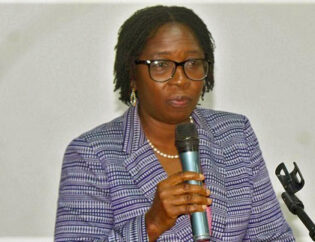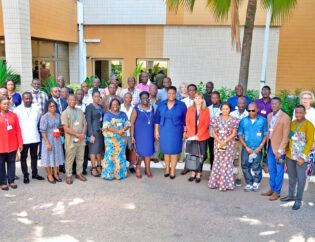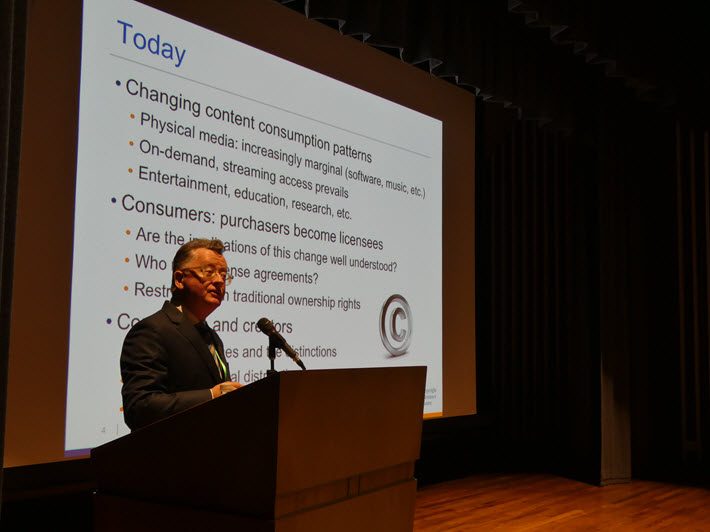
CopyGhana: ‘Very Much a Poster Child Now’
When as many as 600 delegates are seated in Nairobi on June 14 and 15 at the International Publishers Association’s (IPA) second Africa Seminar—produced with the Kenya Publishers Association—one of the program’s key interests will be copyright issues, and CopyGhana may figure prominently in the discussions.
A copyright workshop on the second day of the program will be sponsored by Copyright Clearance Center, its executive director for international affairs, Michael Healy, speaking. He’ll be joined in the workshop by:
- Karie Kamau, managing director of East African Educational Publishers
- Marisella Ouma, the former executive director of the Kenya Copyright Board
- Maxwell Wahome, managing director of Longhorn Publishers in Kenya
In talking with Publishing Perspectives, Healy says that Copyright Clearance Center’s (CCC) engagement with IPA’s work in Africa dovetails with some of the company’s own efforts in encouraging and promoting collective licensing efforts in various parts of the world.
Housed in CCC’s International Advancement Program, the effort has assisted Accra in its development of CopyGhana, a reproduction rights organization (RRO) that collects copyright revenues as is done in many parts of the world. In addition, CCC has assisted in Zambia’s development of its own “reprographic rights society.”
CopyGhana operates under the supervision of the Ghana Copyright Office, and Healy has high praise for its success to date under the leadership of Ben Nyadzi.
“We’ve been working with them pretty systematically since about 2013. We identified them then as a worthy recipient of support.
“Our International Advancement Program brings together under one umbrella a number of ways we can support fledgling RROs. And Ben and CopyGhana fell into that category, and we’ve been helping them ever since.
“First of all, we entered a bilateral agreement with them, a special instrument we use for developing countries in which we grant them the full repertoire of rights that we represent, and that allows them to kick-start their own licensing in their country.
“And then Ben and one of his colleagues came over to Boston,” where CCC is headquartered, “and we did a very detailed training session, with special emphasis on academic licensing. They participated fully in that, they went home, and the culmination came last year.”
That’s when, Healy says, “CopyGhana completed the journey from being a recipient of aid from people like us at CCC and IFRRO,” the International Federation of Reproduction Rights Organizations, “to becoming a donor of aid, paying money into the IFRRO development fund and paying royalties to us.
“What made the completion of that journey possible was CopyGhana licensing every university and polytechnic in the country. They’re now very much a poster child,” says Healy, for strong development of new copyright management programs. “Ghana needed training, and a bilateral exchange of rights, and it worked.
“With the Zambian RRO, the most pressing thing, the biggest obstacle to licensing the universities in Zambia, was the local RRO’s dependency on public buses” for getting to meetings. “They had no vehicle. We bought them a vehicle.”
And in conjunction with Healy’s illustration of how varied the needs of a young RRO can be—from Ghana’s need for training and rights access to Zambia’s need for an office vehicle—CCC’s president and CEO Tracey Armstrong says she sees the essential element of each approach being based in the key functions of copyright.
“The emergence in the developing world of a vibrant academic and scholarly publishing industry that supports and promotes local research,” Armstrong says, “requires that critical elements are in place
“First and foremost is respect for the importance of copyright to protect and encourage innovation.
“We also need licensing mechanisms to enable legal sharing of content within universities and schools.”
